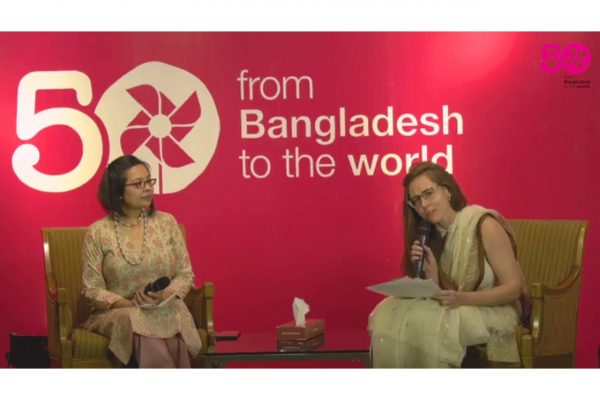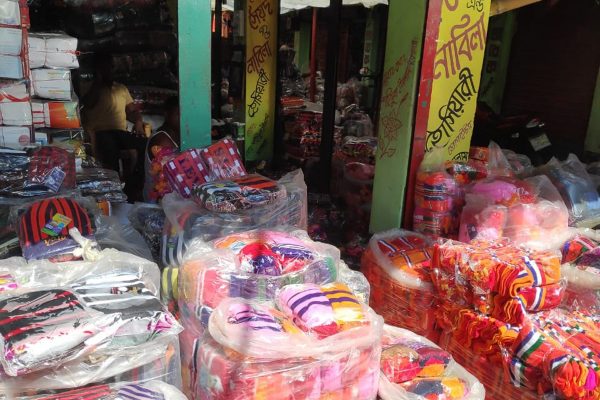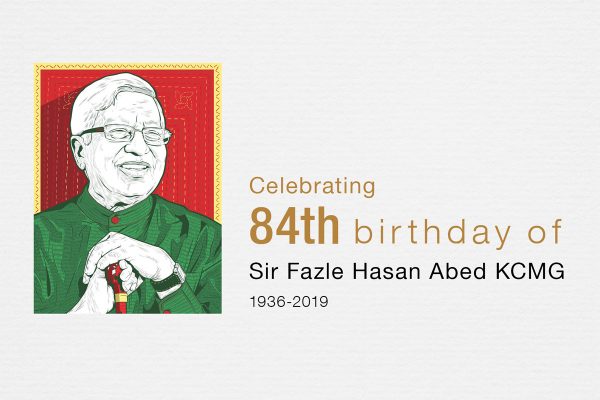IFPRI Forum talks with Fazle Hasan Abed about BRAC’s activities to benefit the poor in Asia and Africa
Reading Time: 2 minutes
Recently, the International Food Policy Research Institute (IFPRI) interviewed BRAC Founder and Chairperson Fazle Hasan Abed about BRAC’s work in Bangladesh and how we are using what we have learned as we establish and scale up programs throughout Africa and Asia.Below is an excerpt from the interview:
Recently, the International Food Policy Research Institute (IFPRI) interviewed BRAC Founder and Chairperson Fazle Hasan Abed about BRAC’s work in Bangladesh and how we are using what we have learned as we establish and scale up programs throughout Africa and Asia.Below is an excerpt from the interview:
FORUM: BRAC has recently expanded to several countries in Africa. In what ways do lessons from your experiences in Bangladesh apply and not apply in the African context?
Abed: The key elements of BRAC’s approach to comprehensive rural development and poverty alleviation are piloting in response to an emerging challenge; learning, adapting and innovating from the experience; and scaling up to achieve national-level impact. BRAC believes in flexibility in operations, attention to detail, learning from mistakes, necessity for change, continuous training for capacity enhancement of staff, and sensitivity to local cultural values and customs. These principles and values have been helpful guides in BRAC operations outside Bangladesh.
The ground realities within which BRAC’s approach evolved are widespread poverty, governance failure, the uncertainties and frustrations of post-conflict political environments, deep inequities, weak and missing markets that fail to serve the poor, and unnecessary and preventable deaths. Despite complex differences across countries and cultures, we felt our experiences of working with the poor in these realities and the relatively lower cost of using experienced Bangladeshi staff for training locals at the initial stage of replication gave us an edge over many organizations working in international development.
…
The African context itself is widely varied. We work in relatively stable and growing economies such as Uganda and Tanzania. We also work in post-conflict countries with their own diverse complexities, such as Southern Sudan, and recently in Liberia and Sierra Leone. Our entry point is the microfinance program, which allows us to build the outreach and the community-level social infrastructure on which we build other activities in healthcare services and agriculture. Making an impact at the national level is one of the core objectives driving our work in Africa.





